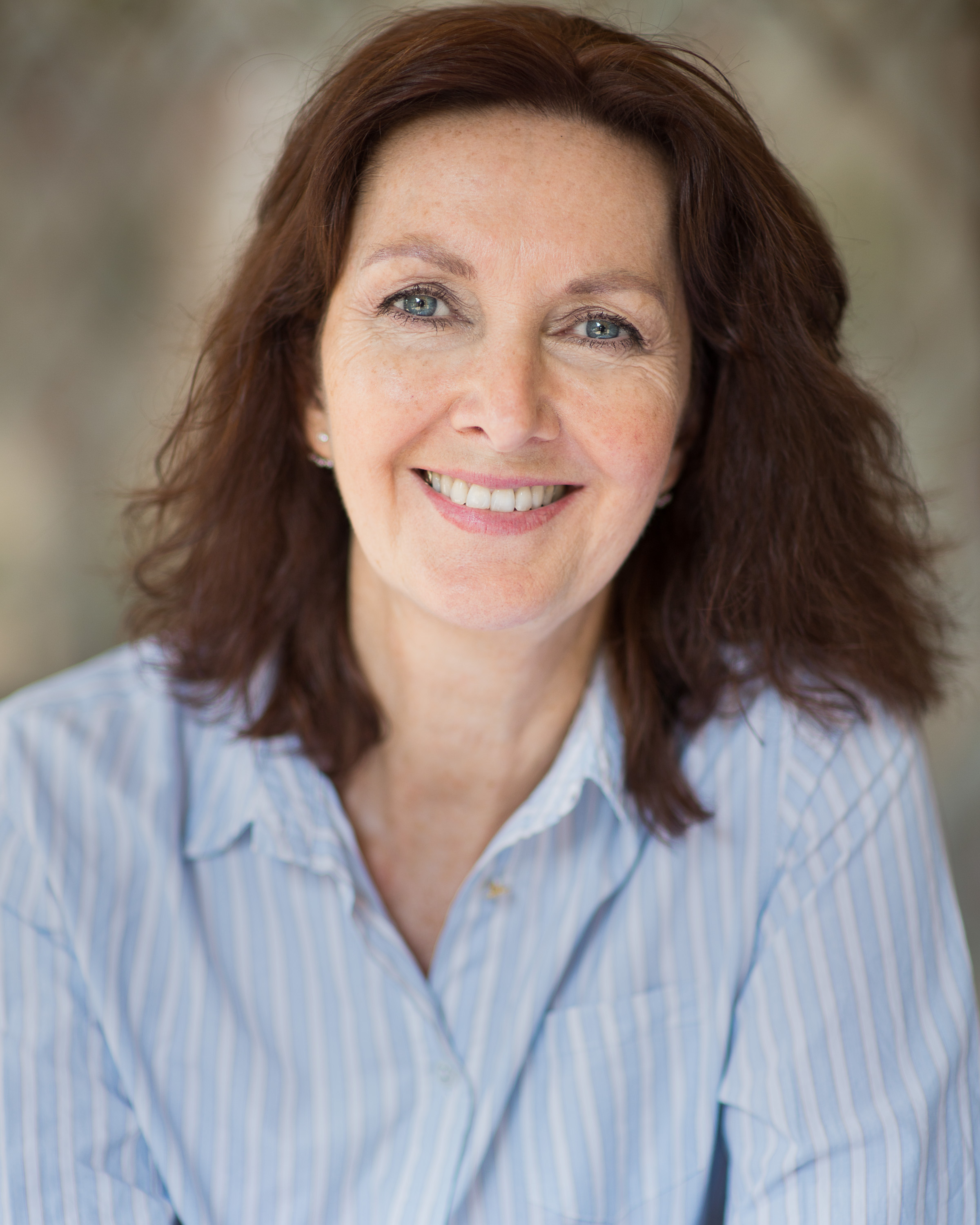Fiona Austin is a psychotherapist in W10 and online
What attracted you to become a therapist?
Many moons ago, I was a music journalist. Professionally, it was all about getting the right question in order to get the best story. In time, I knew I wanted something more meaningful. Insightful questions and real listening were where my skills lay and these qualities are also something that's fundamental to being a therapist. The transfer was a wonderful progression and now the stories people tell me help them grow, change and feel better about themselves.
Where did you train?
I trained in a hospital close to my house, St Charles Hospital, London. I was starting to feel restless in my old job. Perfect timing. If I hadn't lived near, I may never have stumbled upon the training. You really do 'never know what's around the corner'!
Can you tell us about the type of therapy you practise?
I'm an positive psychologist. Integrating new learnings as new understandings emerge. In practice that means that I've a number of tools that I can use for your benefit. It's about what suits you as opposed to what method I use. This can be traditional listening, talk or the more proactive coaching style therapy.
What sort of people do you usually see?
I usually see people who want to offload! People who are not happy and want a change for the better. People who are stressed about the juggle of life, perhaps have insomnia, or suffer from anxiety. I also have a lot of people who want to change their life, issue led or lifestyle led. Increasingly I'm seeing tech-related concerns. For instance too much on a phone, this raise implications also of social anxiety and even ADHD for children and teens.
I'm also Anxiety UK accredited so anything that stops that background hum - I'm there! From fears to wanting confidence.
Corporate situations bring in a really broad section of people. Like back to work mums, post-natal anxiety, men having a life crisis and people in difficulties over breakups.
It's hard to have a usual day, with a usual person!
What do you like about being a therapist?
I find it a privilege that someone has opted to share something with me and that's a rare feeling in everyday life. I enjoy joining dots in someone's life to find an answer that may not have been obvious. Best of all is seeing the change and confidence shine in comparison from the first day.
What is less pleasant?
It's unpleasant that there's a stigma attached to talk therapy. It can feel so great and can really help. The resistance to getting help is such a sad thing - I think therapy is something we all could do all the time!
How long you've been with welldoing.org and what you think of us?
I like welldoing.org as it's putting the flag up for therapists for people closer to home. With the influx of online therapy - often times the search results are dominated by US-based companies. Often we need someone who not just "get's you" but get's your cultural references too. So it's nice that the company is UK-based.
Do you ever suggest books or apps to clients?
Yes very much so. In general I like to compliment my therapy with not just books and apps but recommend other therapists or professionals. For instance if it's a confidence related issue, I can put them in touch with a photographer or a stylist. Or sometimes if it's stress related referrals for some self-care, like a nice massage.
What you do for your own mental health?
I walk my dog! Getting outside to 'clear one's head' is a core belief of mine and as a consequence, if it suits, I encourage relevant clients who have a dog to bring him or her along on an outside 'Walk and Talk' session.
You are a therapist in London as well as online. What can you share with us about seeing clients in those areas?
I think having worked with a lot of celebrities - who themselves are often times people who've worked their way up and come from all walks of life - London fits my understandings for my clients. Social anxiety and imposter syndrome especially.
Many people are in the city to work hard and the particular stresses this brings need to be understood. For instance people having a family in a city will not present with the same challenges as living in a small town or village. The city dynamic as well as fast paced mindset has to be understood.
What's your consultation room like?
My own professional rooms are extremely comfy and private. Sofa, rugs, chairs and even a balcony to sit outside on and talk if it's sunny. I also practise Nature or EcoTherapy which are Walk and Talk sessions that take place at a park or by the river.
What do you wish people knew about therapy?
That it feels so good. That the saying 'a problem shared is a problem halved' is wrong, to me ... it's a problem oftentimes gone. And how great is that? It's a freedom!
What did you learn about yourself in therapy?
I learned that you say things that you never realised you knew or thought and it can be a real surprise - to yourself - the answers that you come out with. We think we know ourselves, but when people ask us the right questions, we can really learn things and make changes!
Instagram: @MoreThanJustListening
LinkedIn

